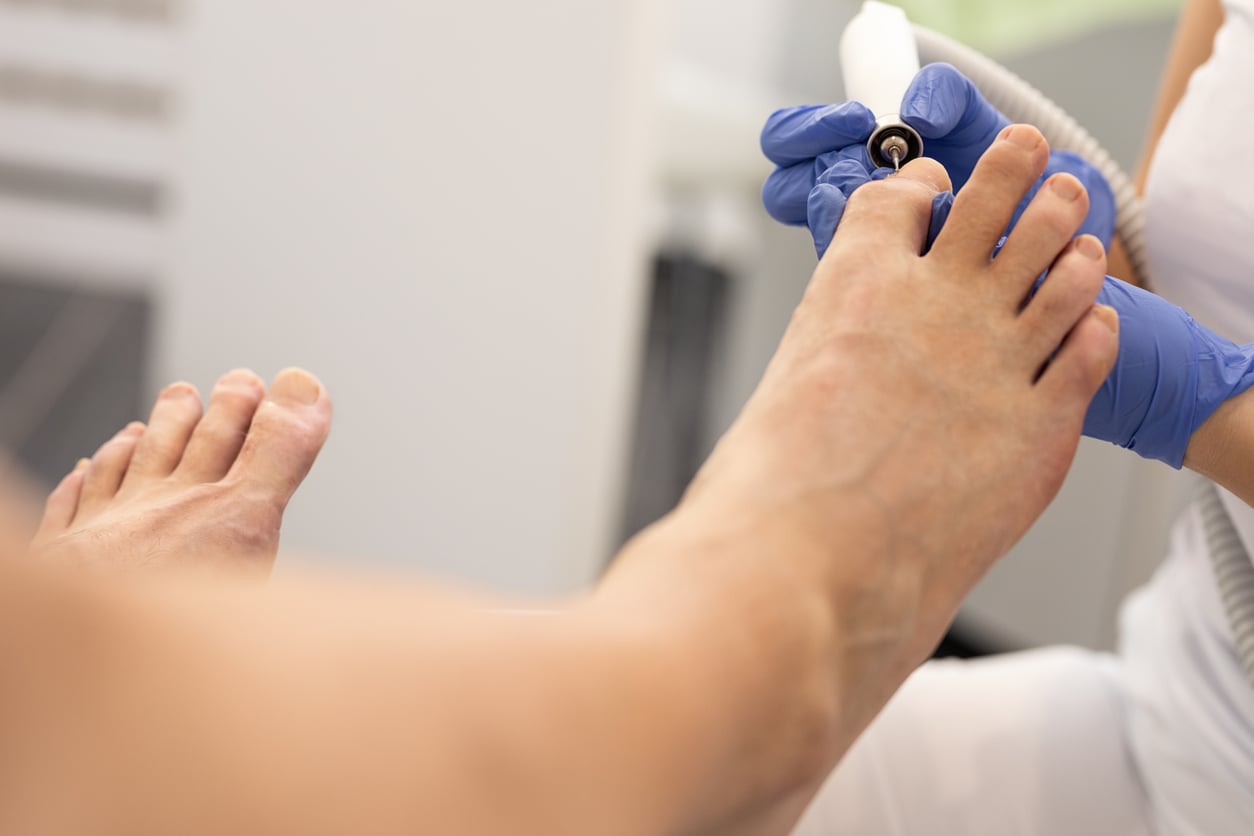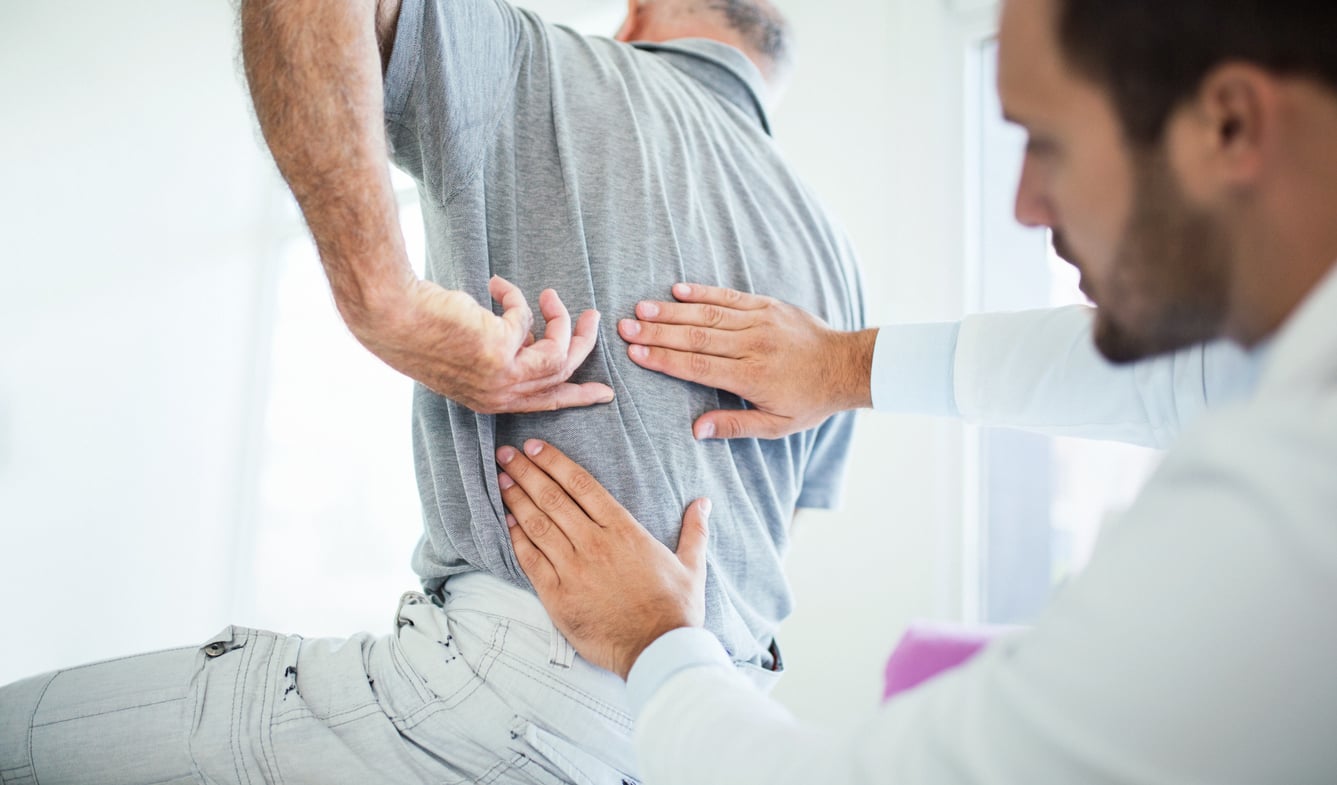Mental and Emotional Abilities That Actually Improve With Age

We often think of aging as a time when our physical abilities start to decline. But what about our mental and emotional abilities? Contrary to popular belief, research shows that many of these skills actually improve with age! In this blog post, we will discuss some of the mental and emotional abilities that actually improve with age. Keep reading to learn more!
You Sleep Better

As people age, they often find that they are able to sleep better than when they were younger. There are a number of reasons for this, including decreased stress levels and increased experience with sleeping patterns. In addition, older people tend to have more regular sleep schedules and are less likely to be interrupted by children or pets. As a result, they are able to get morerestful sleep and wake up feeling refreshed. In addition, older people are less likely to suffer from insomnia or other sleep disorders. This is because they have usually learned how to manage their sleep patterns and have developed good sleep habits. As a result, sleeping better with age is a common occurrence that can lead to improved overall health.
Migraines Improve
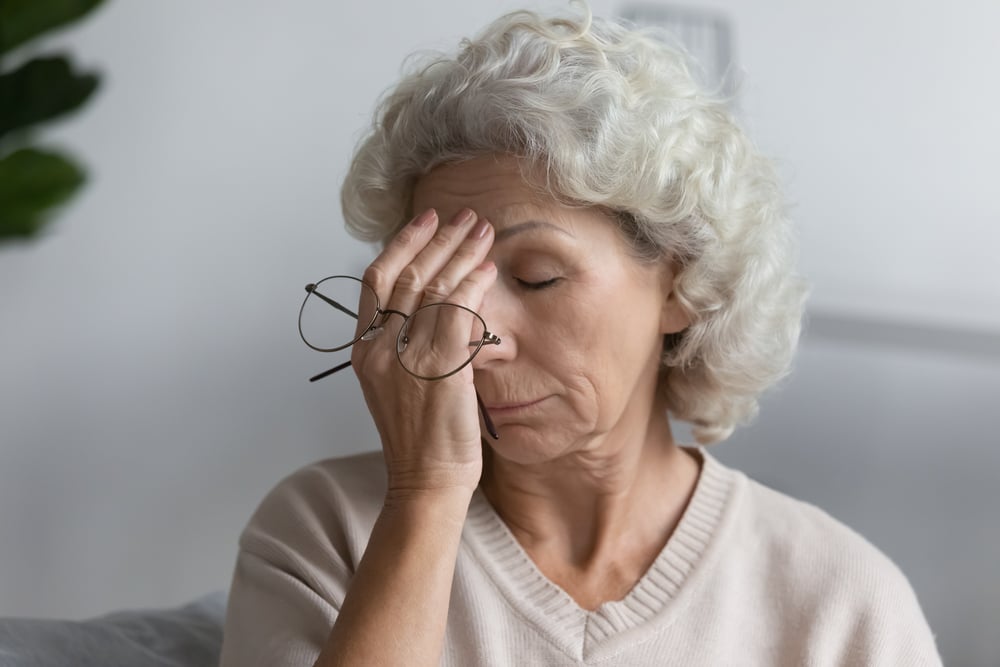
According to a recent study, the frequency and intensity of migraines tend to decrease with age. While migraines are still a common occurrence among older adults, the data shows that they are less likely to experience multiple migraines per month. In addition, the severity of migraines tends to diminish with age. While migraines can still be debilitating, they are less likely to interfere with daily activities and responsibilities.
There are many possible explanations for why migraines improve with age. It is possible that as we get older, we become better at managing stress and triggers. It is also possible that our brains simply become less susceptible to migraines as we age. Whatever the reason, the data from this study offers some hope for those who suffer from migraines. As we age, we may find that our migraine frequency and intensity decreases, making them more manageable and less disruptive.
Your Experiences Become More Positive
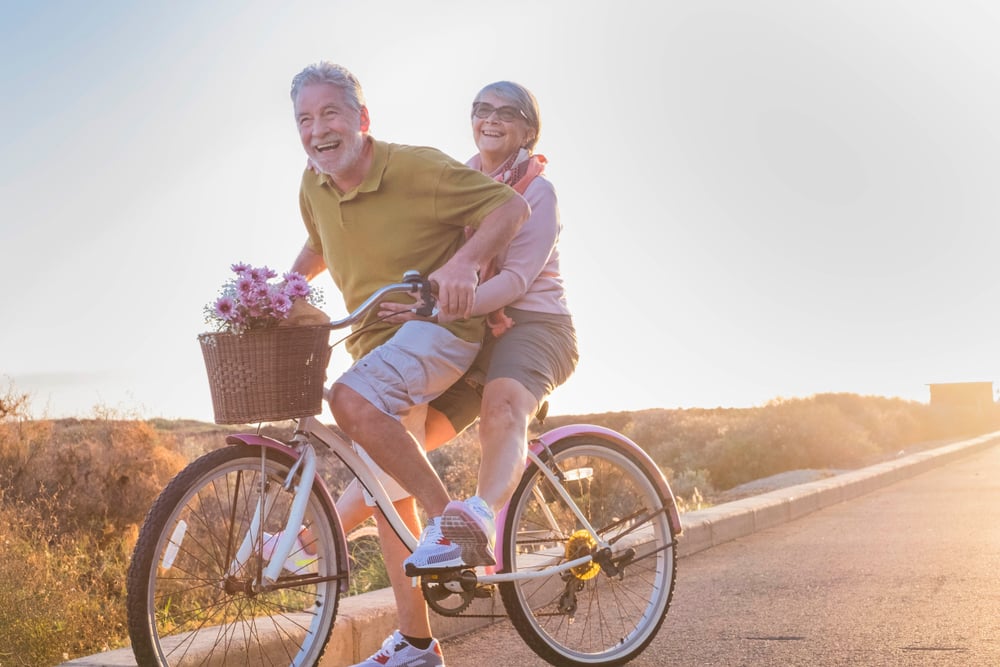
As we age, we often become more positive and optimistic. We have a greater appreciation for life, and we are more grateful for the good moments. We also become more accepting of the bad moments, knowing that they too will eventually pass. We take comfort in our experiences, both good and bad, knowing that they have made us who we are today. We learn from our mistakes and become wiser with age. We also become more patient and tolerant, understanding that not everyone moves at the same pace or sees things in the same way. We become more forgiving, both of others and of ourselves. We realize that life is too short to hold onto bitterness and resentment. Instead, we choose to focus on the good, cherishing the relationships that bring us joy. With age comes wisdom, and with wisdom comes peace.
Your Emotional Experience Has More Depth

Developmental psychologists have long been interested in understanding how emotions change as we age. A recent study has shed some light on this question, finding that older adults are generally more emotionally stable than younger adults. The study used a well-established measure of emotional stability, which assesses how well an individual is able to regulate their emotions. The findings showed that emotional stability increases with age, peaking in middle adulthood and then declining slightly in later life. The study also found that women tend to be more emotionally stable than men, and that individuals with higher levels of education are more emotionally stable than those with less education. These findings suggest that aging is associated with greater emotional stability, and that there are factors other than age that contribute to emotional stability.
How to Age Better: Stay Fit
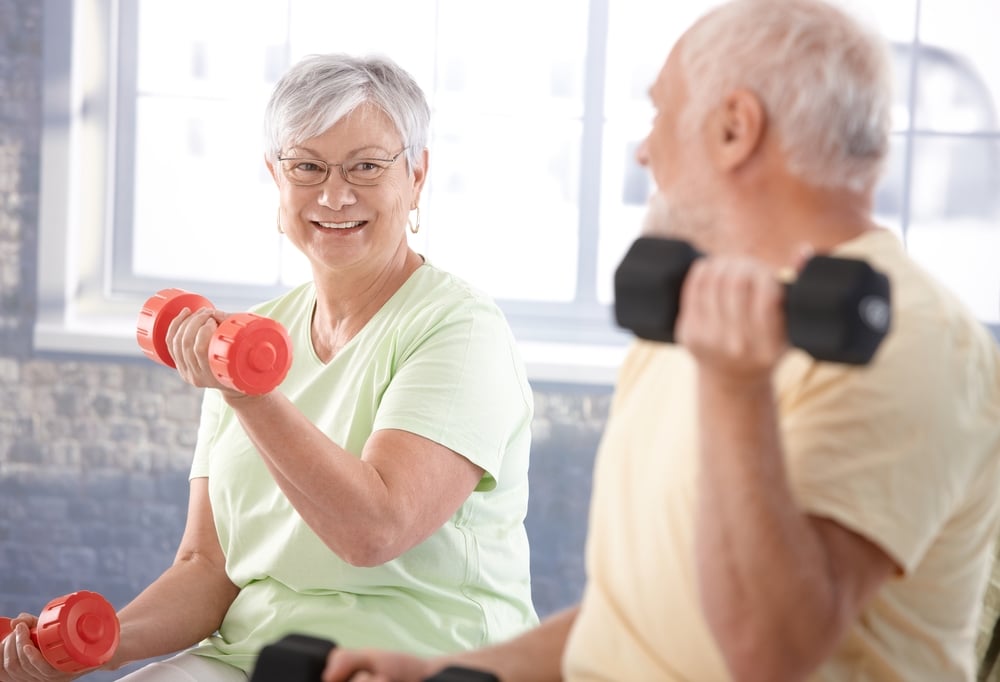
One of the best ways to age well is to stay fit. As we age, our bodies become less efficient at processing oxygen, which can lead to a decline in muscle mass and bone density. Regular exercise helps to offset this natural decline by increasing circulation, maintaining muscle tone, and preserving bone density. Additionally, exercise has been shown to improve cognitive function and delay the onset of dementia. In short, staying fit is one of the best things you can do for your health as you age. There are a number of ways to stay fit as you get older. One option is to join a gym or fitness center that offers classes specifically for older adults. Another option is to participate in group sports or take up an individual sport such as tennis or swimming. Regardless of how you choose to stay fit, the important thing is to make it a part of your regular routine. By doing so, you’ll be giving yourself the best possible chance to age well.
How to Age Better: Eat Healthily

We all know that eating healthy is important, but as we age, it becomes even more crucial. The foods we eat can impact our energy levels, our ability to fight disease, and our overall quality of life. So what are the best foods to eat as we age? First, aim for a variety of nutrient-rich fruits and vegetables. These will give your body the vitamins and minerals it needs to function at its best. Second, focus on whole grains, which are packed with fiber and other nutrients that are essential for good health. Third, include lean protein in your diet, such as fish, chicken, or tofu. This will help to keep your muscles strong and your metabolism going. Finally, don’t forget to stay hydrated by drinking plenty of water throughout the day.
How to Age Better: Mind Your Mental Health
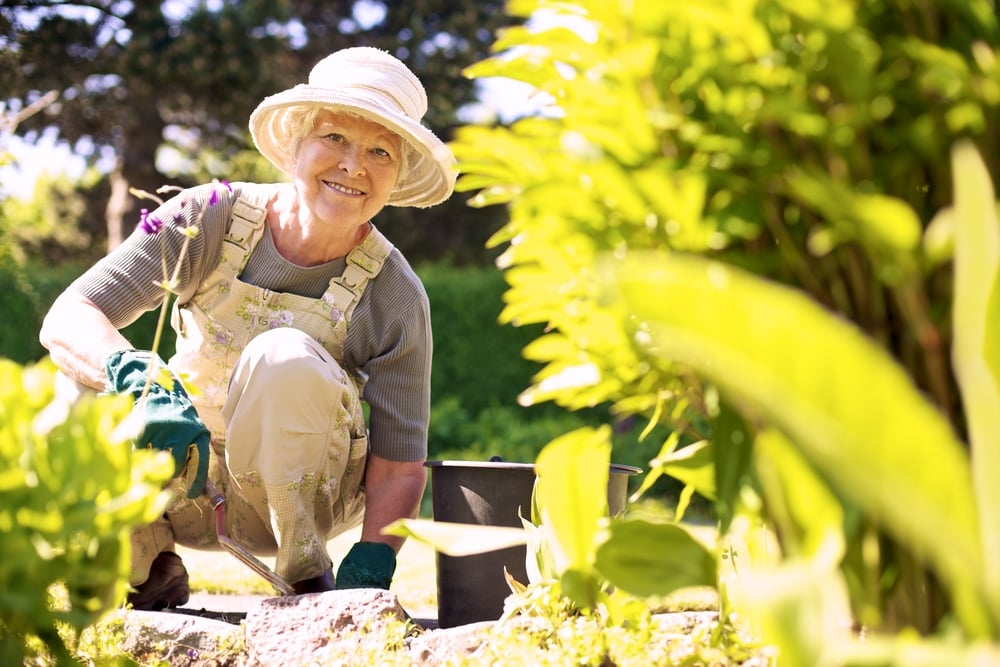
As people age, it's important to pay attention to their mental health just as much as their physical health. Mental health problems can increase with age, and older adults are also at risk for developing dementia. There are things people can do to reduce their risk for mental health problems, though. Here are some tips:
One way to age better is to stay socially active and connected. Isolation and loneliness can lead to depression, anxiety, and other mental health problems. It's important to maintain social relationships and find ways to connect with others, even as we get older. Joining a club, attending religious services, or volunteering are all great ways of staying social.
It's also important to keep your mind active as you age. Doing crossword puzzles, learning a new language, or taking up a new hobby can help keep your mind sharp. Staying mentally active can help reduce your risk for developing dementia.
Finally, it's essential to pay attention to your emotional health as you age. Dealing with stress in healthy ways, getting regular exercise, and getting enough sleep are all important for maintaining good mental health.

